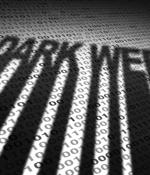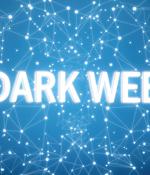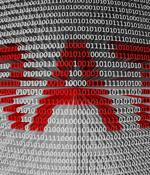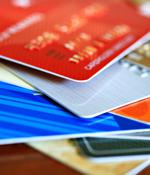Security News

Data is a hot commodity on the Dark Web where people buy and sell sensitive information, much of it stolen through network breaches. A report released Tuesday by security provider Bitglass looks at how stolen data winds up on the Dark Web and offers advice on what you can do to better protect yourself and your organization.

A ransomware kit costs as little as $66, though it needs to be modified, while a spearphishing attack can run as low as $100, says Altas VPN. Cybercrime can be a lucrative business for those who specialize in ransomware, phishing campaigns, and other types of attacks. The profit margins are especially healthy because cybercrime products and services often sell at bargain prices on the Dark Web.

From website hacking to DDoS attacks to custom malware to changing school grades, you can buy one of these services from a hacker for hire. Just how much do these types of items cost? A blog post published Tuesday by consumer website Comparitech examines the types of hacking services available on the Dark Web and scopes out their prices.

It's a well-known fact that powerful malware can be bought on the dark web and used with relative ease. A new report from Cisco's Talos cybersecurity research team illustrates just how dangerous out-of-the-box remote access trojan malware can be: A campaign it has dubbed "Armor Piercer" has been attacking the Indian government since December 2020.

A new report from consumer website Comparitech looks at dark web selling prices for credit cards and PayPal accounts in particular. Credit cards are sold on the dark web either as digital items or physical clones of real cards.

T-Mobile US is investigating claims that highly sensitive personal data of 100 million customers has been stolen and peddled via the dark web. The seller said it's likely T-Mobile US is up to speed on the security breach because a backdoor used to exfiltrate this data from the telco's servers had been closed.

Or you can spend money to buy a phony vaccine certificate from some anonymous and potentially untrustworthy cybercriminal on the Dark Web. Sales and advertisements of fake vaccine cards have been spiking to new levels on the Dark Web, according to a report published Wednesday by cyber threat intelligence firm Check Point Research.

Threat actors have leaked 1 million stolen credit cards for free online as a way to promote a fairly new and increasingly popular cybercriminal site dedicated toselling payment-card credentials. The leaked credit cards include the following fields: Credit-card number, expiration date, CVV, name, country, state, city, address, ZIP code, email and phone number, according to threat actors.

In its latest research, security specialist Positive Technologies documents how the market enabling initial access to corporate networks has evolved through 2020 and into early 2021, and reveals that the number of 'access-for-sale' ads on the dark web has increased seven-fold compared with previous years. The company's researchers believe the cybercriminal profile is changing in multiple ways; the profile of an external intruder who gains initial access to a corporate network is different from the criminal who follows through with the attack once inside-most importantly, the two have different skillsets.

The number of ads selling access to corporate networks has continued to increase from 2019 to 2020 and into 2021, says Positive Technologies. A report released Wednesday by security provider Positive Technologies looks at the selling of network access on the Dark Web and examines how this threat continues to grow.